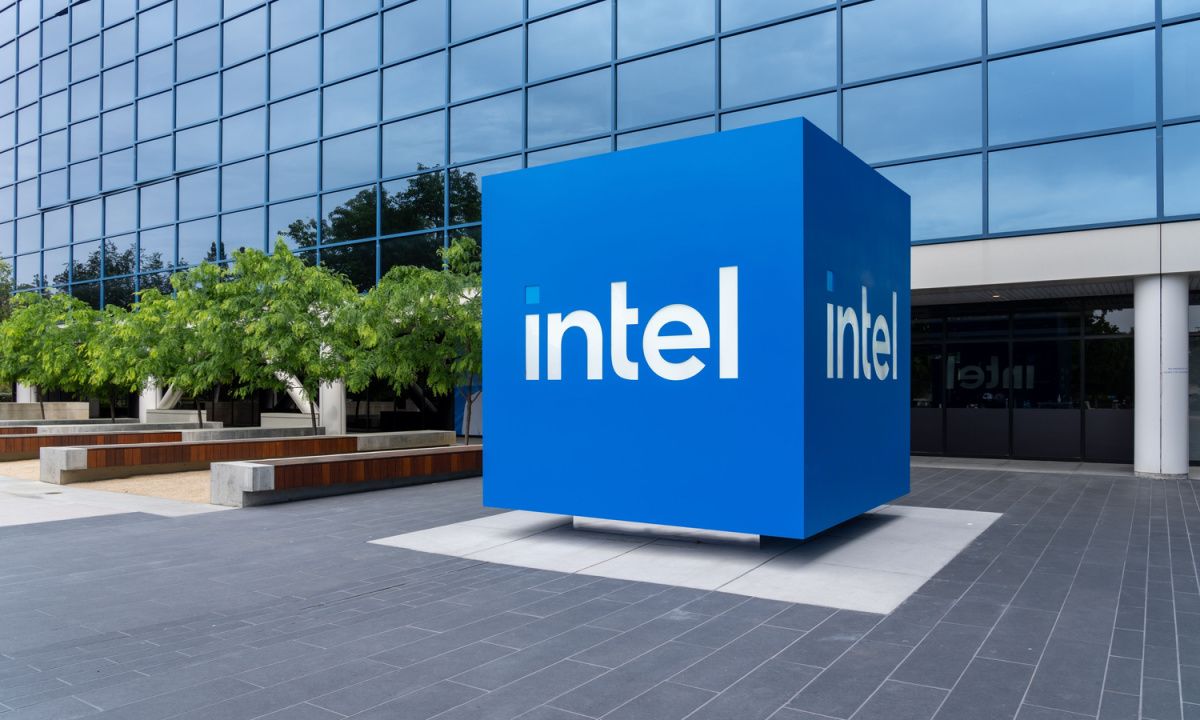
Intel’s long-running legal battle over a €1.06 billion ($1.45 billion) antitrust fine has come to an end, following a ruling from the European Union’s top court. The Court of Justice of the European Union (CJEU) upheld a 2022 decision by a lower court to annul the hefty penalty, marking a significant win for the chipmaking giant. According to Reuters, the penalty dates back to 2009 and was originally imposed by the European Commission for Intel’s alleged abuse of market dominance.
The core of the case focused on Intel’s use of “conditional rebates” to incentivize computer manufacturers to favor its chips over competitors. The European Commission argued that these rebates were anti-competitive and aimed at stifling rival Advanced Micro Devices (AMD) by offering computer makers discounts for purchasing the majority of their chips from Intel. However, judges ruled in favor of Intel, finding that the Commission’s claims were insufficiently supported, according to the CJEU’s press release on Thursday.
“The Court of Justice dismisses the Commission’s appeal, thereby upholding the judgment of the General Court,” the CJEU confirmed, signaling the definitive conclusion of this chapter in the legal battle.
However, Intel’s victory is not without exceptions. The lower court’s 2022 ruling did uphold findings that Intel had engaged in unlawful practices, known as “naked restrictions,” by paying manufacturers to delay or halt the production of devices containing rival chipsets. These actions were deemed anti-competitive, and Intel did not challenge this aspect of the ruling. As a result, the European Commission issued a new fine of approximately $400 million last year.
Read more: Qualcomm Delays Intel Buyout Decision, Awaits US Election Outcome
Intel expressed satisfaction with the court’s decision, saying it was “pleased” to close this particular chapter of the case. The European Commission, in turn, noted that it would “carefully analyze the judgment” and its implications for future enforcement of competition law in the tech sector.
Despite Thursday’s decision, legal issues remain unresolved for Intel. The company is still fighting a €376.36 million fine imposed by the European Commission last year, which specifically addresses the “naked restrictions” the lower court confirmed were unlawful. According to Reuters, Intel has also filed a lawsuit against the Commission seeking interest on the original fine that was overturned.
The decade-long dispute stemmed from the Commission’s antitrust investigation, which alleged that Intel had hindered competition between 2002 and 2005. During this period, Intel was accused of giving rebates to computer manufacturers if they purchased at least 95% of their chips from Intel, leaving AMD with minimal market share. The Commission claimed these practices prevented AMD from gaining a foothold in the market.
Featured News
Big Tech Braces for Potential Changes Under a Second Trump Presidency
Nov 6, 2024 by
CPI
Trump’s Potential Shift in US Antitrust Policy Raises Questions for Big Tech and Mergers
Nov 6, 2024 by
CPI
EU Set to Fine Apple in First Major Enforcement of Digital Markets Act
Nov 5, 2024 by
CPI
Six Indicted in Federal Bid-Rigging Schemes Involving Government IT Contracts
Nov 5, 2024 by
CPI
Ireland Secures First €3 Billion Apple Tax Payment, Boosting Exchequer Funds
Nov 5, 2024 by
CPI
Antitrust Mix by CPI
Antitrust Chronicle® – Remedies Revisited
Oct 30, 2024 by
CPI
Fixing the Fix: Updating Policy on Merger Remedies
Oct 30, 2024 by
CPI
Methodology Matters: The 2017 FTC Remedies Study
Oct 30, 2024 by
CPI
U.S. v. AT&T: Five Lessons for Vertical Merger Enforcement
Oct 30, 2024 by
CPI
The Search for Antitrust Remedies in Tech Leads Beyond Antitrust
Oct 30, 2024 by
CPI